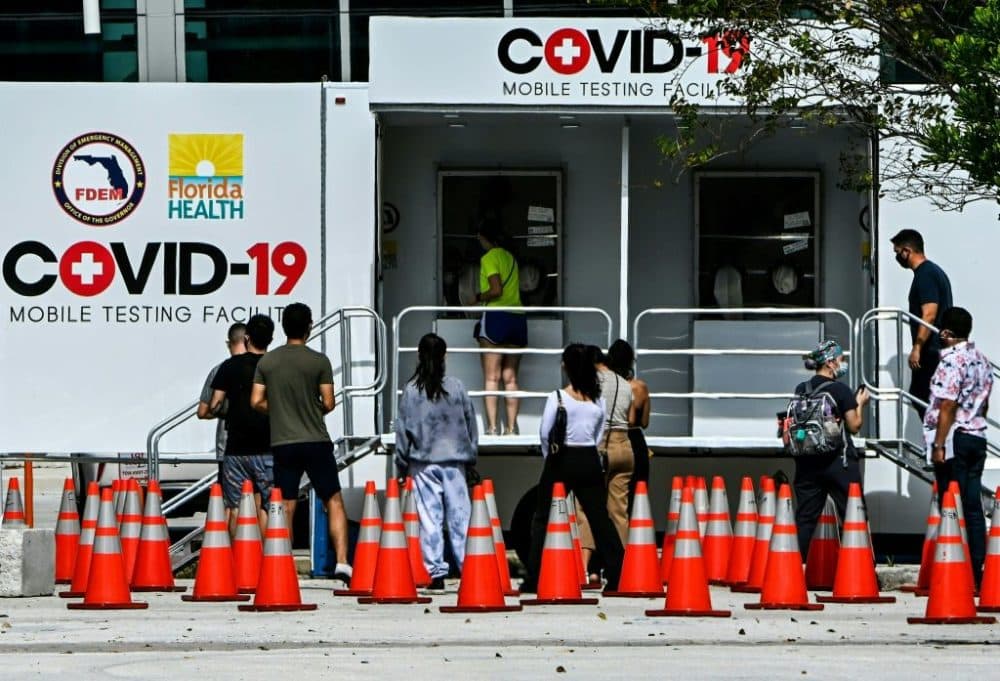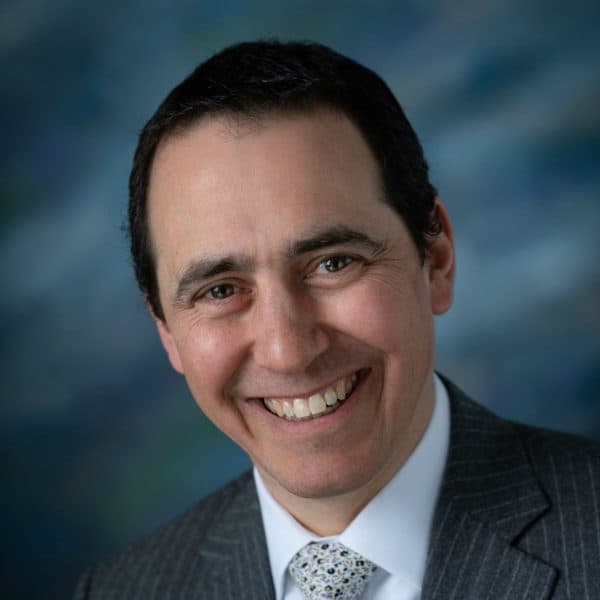Advertisement
Commentary
Let’s Use The Vaccine To Make Our Health System More Equitable

In the last two weeks, news from Pfizer and Moderna suggest a safe and effective coronavirus vaccine is on the way. And soon.
The data made public so far is promising. Pfizer reports that its vaccine is 90% effective; Moderna reports that its own is 94.5%. After some very difficult months, we’re all finally feeling something resembling hope.
Since March, our lives have changed in ways we never could have imagined. Nearly a quarter of a million people have died from COVID-19. The pandemic isn’t just a storm we need to weather, however. We won’t emerge on the other side of the pandemic and resume life the way it was before.
A more apt analogy is a tornado: We are being picked up and dropped in the Land of Oz.
The pandemic will end — pandemics always do. But life will be different on the other side. And perhaps that can be a good thing.
One fact laid bare again and again over these last nine months is how inequitable, racist and unjust our health care system is. To improve our system — and our overall health — we must apply the principals of justice in the distribution of services and care. And there’s almost no better opportunity to change how we deliver health care in this country, than with the distribution of a COVID-19 vaccine.
The pandemic will end -- pandemics always do. But life will be different on the other side.
We know vaccines are only effective if enough people take them. A recent study revealed that just 51% of U.S. adults would take a vaccine to prevent the coronavirus. The medical community must lead in the effort to verify the science behind the vaccines, and then to increase the public’s faith and confidence in actually taking them.
We know that vaccines that prevent and control the spread of deadly infectious diseases are perhaps the greatest public health accomplishment in history. Thanks to vaccines, many of us have never seen firsthand the devastating effects of diseases such as polio or smallpox. (Consider: smallpox killed more than 300 million people in the 20th century.)
It is within reason to presume that some of the distrust of a coronavirus vaccine stems, ironically, from the sense of urgency to produce it. U.S. government funds have been essential to rapid vaccine development and production, but the process has become politicized. That politicization presents an imminent threat to public health.
Advertisement
The public must trust that the pharmaceutical companies developing coronavirus vaccines, and that our federal regulatory bodies, are not circumventing methodological rigor. At this time, there is no evidence that the process has been anything less than stringent. Indeed, it’s been an extraordinary worldwide collaboration. The nine drugmakers that are conducting human studies of potential vaccines have also pledged that they will not bring their vaccines before the Federal Food and Drug Administration (FDA) until clinical trials have demonstrated its vaccine is safe and effective.
The development process must remain transparent and include easy-to-understand and easy-to-access information relating to the vaccine’s ultimate efficacy and potential complications, so the public can make an informed decision devoid of undue influence. And critically, the material must be objectively peer-reviewed by high-quality medical journals, just like all-important scientific research.
Likewise, hearing that some vaccine trials were put on hold, due to patient complications, should be reassuring — not cause for alarm. We should be buoyed by the uncompromised adherence to the scientific process.
Skepticism toward a coronavirus vaccine could prove to be especially dangerous in the Black and brown communities, which are disproportionately affected by the virus. Unfortunately, this viewpoint is justified. Health care cannot and should not hide from nor deny its cruel and embarrassing legacy of racism.
As leaders in medicine, science and public health, we must understand that it is not up to Black and brown people who have misgivings about vaccines to suddenly flip the “trust switch” and get vaccinated. The medical and scientific communities must ensure that people of color are included and accounted for in each step of vaccine development, trials and distribution.
Dismissal of science and the dissemination of mistruths aids and abets the spread of the virus as effectively as shirking the societal obligation to wear a mask and practice social distancing.
Physicians and the health care community must assume the burden of proof by embarking on a campaign against misinformation that includes dogged efforts to communicate and promote data that prove that a coronavirus vaccine is safe and effective.
Further, we must ensure that those most susceptible to contracting the coronavirus — including those most adversely impacted by social determinants of health — are among the first recipients. This not only will bolster mitigation efforts, but also will protect those who experience inequities in access to health care and who work and live in environments where the risk of exposure is increased.
Dismissal of science and the dissemination of mistruths aids and abets the spread of the virus as effectively as shirking the societal obligation to wear a mask and practice social distancing. We must correct the record when the record is at best inaccurate and, at worst, harmful. Those who undermine faith in science are causing harm.
We must take the time to listen to those who lack trust in a coronavirus vaccine and understand their concerns. We must promote science and explain our previous successes in eradicating disease, preventing deaths and enjoying a healthier society through vaccination.
A vaccinated public is our safest and most effective way to returning to school, work and play. That’s how we emerge from this tornado in a better place.
